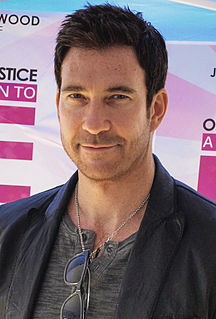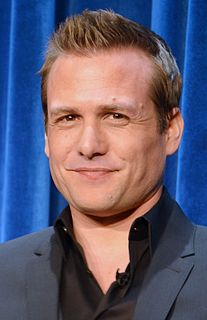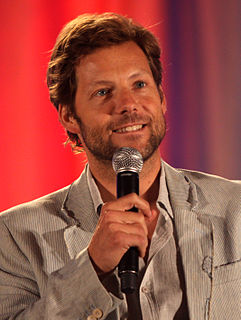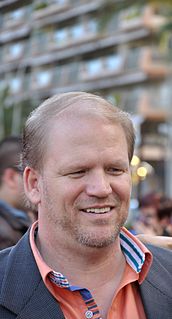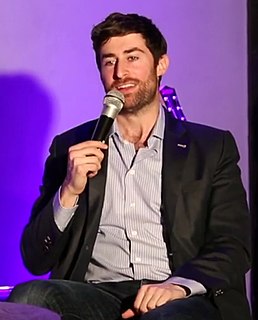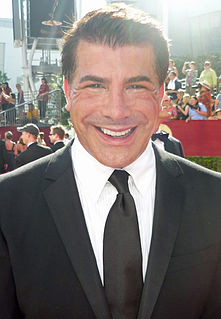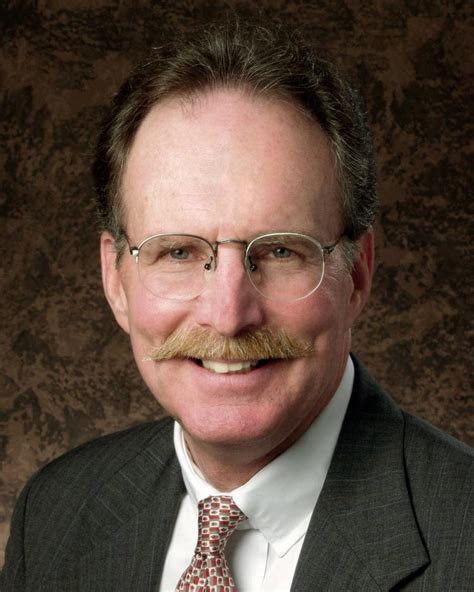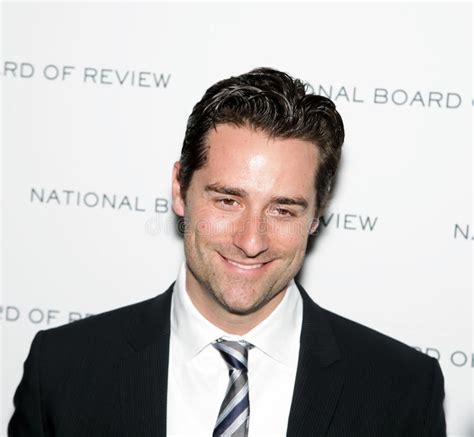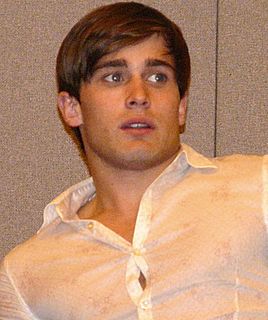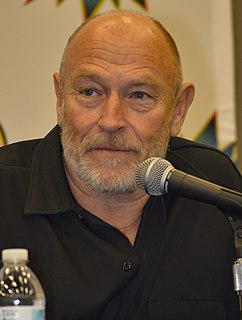A Quote by Jason Katims
How do you do something where you're able to be specific and edgy enough to compete with what the cable networks are doing and, at the same time, appeal to a broader audience? That's the line that everyone in network television is trying to tread.
Related Quotes
I think its going to be continually tougher on the big networks as more cable channels do really interesting television. The big networks have a choice to make: Do we try to be all things to all people and get the shows that will deliver 20 million viewers a week? Are we the McDonald's of television? Or are we going to try to be more specific?
Most of the network television audience now is primarily women, but I think that's because the shows are developed to appeal to women. I don't know that there are too many shows that appeal to guys anymore. I'm not sure why that is, but I think that it may have something to do with the fact that most development staffs are women.
When I did 'Ugly Betty' it was very similar to working on 'Mad Men' - great group of people in their own little world. But I don't really see a lot of difference. Of course, on the cable shows, you can tackle subjects and be more specific, because networks have to appeal to the masses, but that's constantly changing and evolving.

